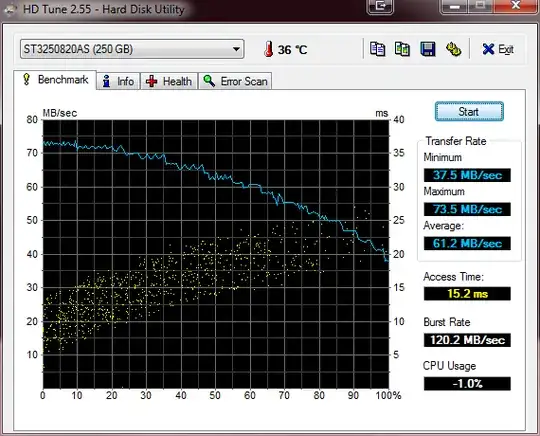I have a 400gig hard drive.
I have one partition, on which Windows is installed.
I am running a defrag as a precursor to shrinking the volume so I can put on another partition.
In the process of running this defrag, one third-party software recommended I "move all system files to start of hard-drive to increase performance".
This got my wondering.
Hypothetically, let's say I put Windows on the first 200gigs and Linux on the second 200gigs.
Does Windows have a slight performance advantage in this case as it's at the "start" of the hard-drive, or does the read/write arm of it adjust for being in the second partition?
Stupid question...but it popped into my head and I can't find an answer !
Further background reading on this area would be much appreciated also, its quite interesting! :)
